
The Strategic Importance of Procurement & Supply Chain Functions
Over the summer, EMEA Recruitment has been evaluating the role of Procurement and Supply Chain functions within businesses. Given the significant impact of global events in recent years, the importance of these functions has never been greater. It’s unsurprising that many companies have completed or are undergoing transformation projects to ensure "best-in-class" service delivery in an increasingly AI-driven world.
Effective Procurement and Supply Chain teams go beyond cost-cutting; they create substantial value and resilience within a company. By strategically managing resources, assessing risks, and prioritising sustainable practices, they ensure that business operations are not only efficient but also prepared for future challenges. This added value extends to areas such as:
- Achieving financial and value targets
- Meeting sustainability goals
- Evaluating suppliers to safeguard the employer's brand
- Ensuring business continuity
- Minimising business risks
- Improving customer satisfaction
Companies that have elevated their Procurement and Supply Chain functions and integrated them across the business are significantly more attractive to candidates seeking their next career opportunity.
If your organisation seeks to strengthen its Procurement & Supply Chain team, EMEA Recruitment is here to help. Our specialists focus on sourcing the right professionals to meet your business's strategic goals. Get in touch with Mark Robinson to discuss your recruitment needs and connect with candidates who can drive your company’s success: [email protected]
Alternatively, if you are searching for your next procurement or supply chain job, speak with one of our recruitment consultants who can help you advance your career in your preferred region, or visit our job search page.

Buoyant Swiss Employment Rate Has Limited Impact on HR Function
Despite the encouraging increase and promising uptick in the Swiss employment rate, the impact on HR jobs is expected to be gradual, learn why here.
The Swiss employment landscape is showing a promising uptick, with employment levels rising by 1.8% from last, signalling a robust economy and positive business sentiments. Despite this encouraging increase, the impact on HR jobs in Switzerland is expected to be gradual due to the function experiencing stabilisation rather than immediate expansion: while companies are hiring, the demand for HR professionals is disproportionally low. Reasons include advancements in HR technology that streamline processes and reduce the need for additional personnel, and the strategic shift from transactional tasks to more consultative and strategic functions.
The gradual impact of the overall employment rate increase on Swiss HR roles illustrates a shift towards a more strategic and specialised approach in HR functions, highlighting the critical role HR professionals play in aligning talent acquisition with the long-term objectives of their organisations. Rather than focusing on volume hiring, HR professionals are increasingly required to bring a deep understanding of their wider industry.
Moreover, the way in which roles are being filled illustrates another critical dynamic: many positions managed by EMEA Recruitment are confidential, under a retained mandate. Senior and specialised, these searches require a discreet and strategic approach, as confidentiality is paramount to avoid disruption within the organisation and/or the broader market.
Retained mandates reflect a long-term commitment between EMEA Recruitment and our clients, where we combine data-driven market insights with a thorough and dedicated search process. A comprehensive understanding of our client’s culture, needs and long-term goals is paramount; the growth in such engagements further underscores the strategic evolution of HR roles.
If you would like to learn more about our insight tools and confidential, retained recruitment services - or you’re looking for support in your search for a new role, please don't hesitate to get in touch.

The Importance of an Up-to-date CV | EMEA Recruitment
When was the last time you updated your resume? Regardless of whether you're actively searching for a new role, passively keeping an eye on the market, or content in your current position, it's important to regularly review and update your CV. You never know when a dream opportunity may come along, and passive candidates often benefit most from being able to apply for a role swiftly.
The summer period in particular is a prime time to reflect on your next career move and strengthen your position for new opportunities as many professionals see this period as downtime. Regularly adding tangible key achievements, polishing any career advancements and generally reviewing your development is a great way to stay ahead and stand out from the competition.
As part of our specialised service at EMEA Recruitment, we offer in-depth Career Consultations covering career development and CV reviews to help our network excel in the market.
If you need help updating your profile, cv consultation, or assistance with mapping out your career trajectory, contact our Procurement, Supply Chain & Operations recruitment team for more information. We're here to support and guide you towards your next move!

The State of Hybrid Working in the Netherlands | EMEA Recruitment
The Netherlands, like many countries, is experiencing a dynamic shift in work culture. Our conversations with clients and candidates alike reflect a growing trend: employers are increasingly keen to coax employees back to regular, office based hours. But what does this mean for employees who have grown accustomed to the flexibility of working a remote job?
The Statistics
In 2021, 2 million people in the Netherlands ‘frequently’ worked remotely. Fast forward to 2023 and their number has dropped to 1.25 million. Additionally, employees who 'occasionally' worked from home rose from 3 million in 2021 to 3.75 million in 2023, confirming indications that hybrid arrangements that combine office and home-working are on the rise.
The Impact
The transition back to the office has led to tension between employers and employees. Some companies face increased turnover rates as employees seek alternative opportunities that ensure the flexible working arrangements they’ve come to value. As a result, employers are experiencing business disruption and incurring costs associated with the loss of established skilled workers. So, the question is whether the push to return to the office is truly worthwhile?
At EMEA Recruitment, we work with world-renowned businesses across various sectors, providing us a comprehensive understanding of current and emerging models for hybrid working. As a consultative business, we pride ourselves on educating our clients on how to best position themselves in the market to attract top talent.
If your business is grappling with changes to your hybrid working model/employee retention and satisfaction rates, or if you’re looking for heightened flexibility in your next career move, we are here to support you. Reach out to one of our dedicated team members and see how we can support you in your efforts.

Shifting Trends in HR Recruitment | EMEA Recruitment
The HR recruitment market has seen an interesting shift over the last year. The hiring frenzy that followed the post-COVID period has inevitably slowed, as businesses adopt a more cautious approach due to the unpredictable external factors affecting the economy.
However, businesses are still experiencing skills gaps in their organisations, impacting the ability to grow and evolve. As a result, we’ve witnessed an increased focus on developing internal talent, and with it an uplift in demand for Talent Management professionals able to bring a more integrated approach to employee development and fill key HR jobs.
Businesses are ensuring that the right conversations are happening by implementing a talent management framework. Many of our clients emphasise the importance of their performance management process in ensuring they manage and drive performance correctly. Implementing a robust succession plan and having a strong ‘bench’ is similarly high on the agenda.
If your organisation is facing similar challenges, or if you're looking to strengthen your talent management strategy, contact our HR Recruitment Team to learn how we can help you build a future-ready workforce and access top-tier talent.

AI in Recruitment: Enhancing Efficiency, Not Replacing Humans
As the prevalence of Artificial Intelligence increases, businesses are aiming to automate processes and improve efficiency, with the Recruitment industry beginning to tap into this. From talent identification to candidate updates, could AI significantly impact the future of recruitment specialists? We argue that AI is best considered a supporting tool and should not replace the role of specialist recruitment consultants.
HR and Talent divisions are already exploring AI tools to streamline administrative aspects of recruitment processes, such as writing job adverts and automating key processes. One potential benefit is that the introduction of AI frees up valuable time to be better invested in the end-to-end candidate, ensuring a more personalised approach from the recruiter or hiring manager. And, as AI continues to develop, it has the potential to eliminate human bias in the hiring process, ensuring greater diversity in the workforce.
However, talent attraction and hiring managers should not rely solely on AI during recruitment processes.
Impersonal approaches leave a negative impression on prospective employees and can lead to top talent being inadvertently rejected during the screening process. Whilst AI has huge potential, it's unable to currently replicate human understanding of cultural and 'soft-skill' compatibility that an experienced recruiter brings. The importance of a people-first approach will remain significant over time.
At EMEA Recruitment, we use AI-enabled tools to maximise reach in early-stage candidate search and, in doing so, spend a greater proportion of time focussed on delivering best-in-class candidate and client experience throughout the process. There’s no doubt that AI will continue to play a supporting role in our mission to be ‘the bastion of people-first recruitment’ - but it will never take centre stage.
To learn more about how we can leverage AI to support your talent needs, get in touch: [email protected]

EMEA podcasts
The EMEA Recruitment podcast welcomes guests from across our network and beyond to share their career journeys, advice, and inspirational stories.




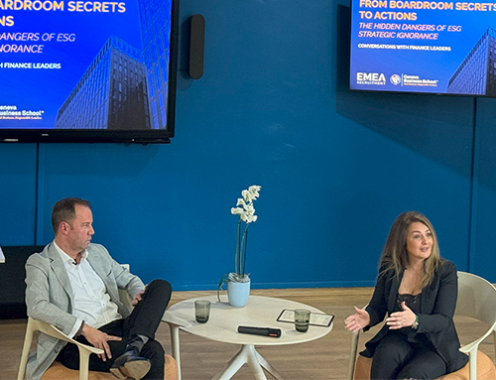
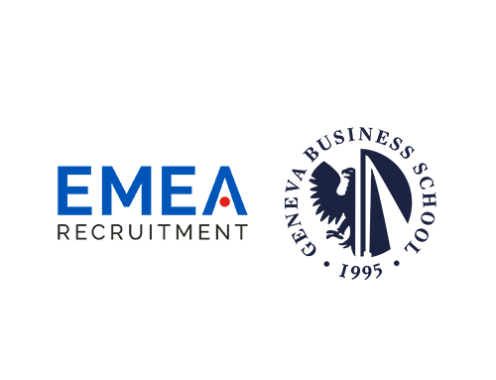
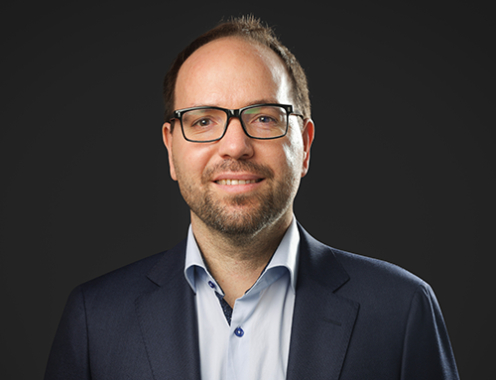
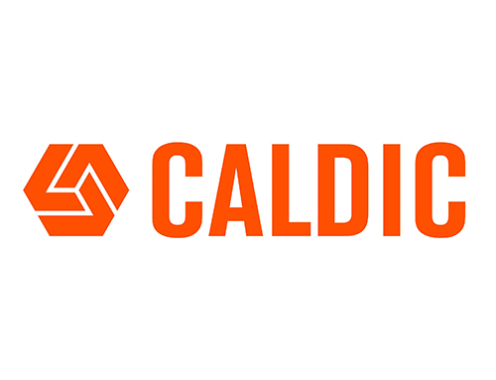
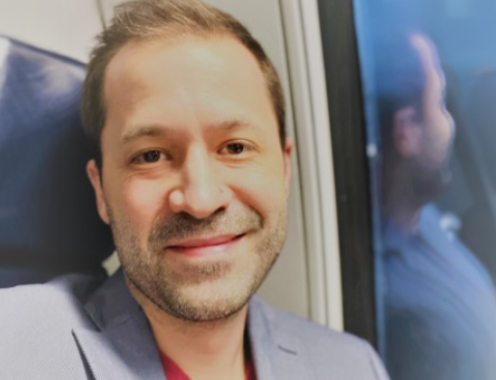
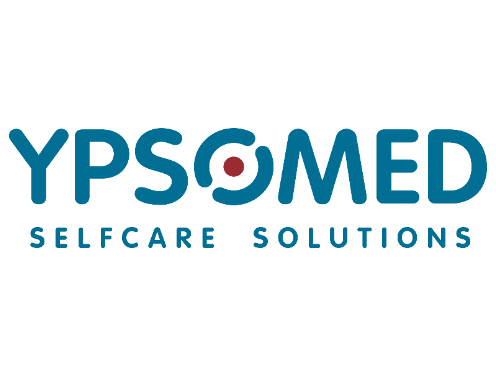
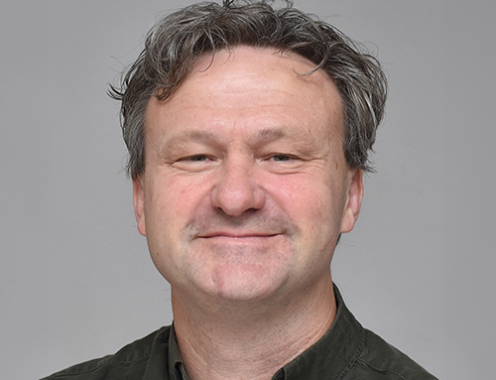
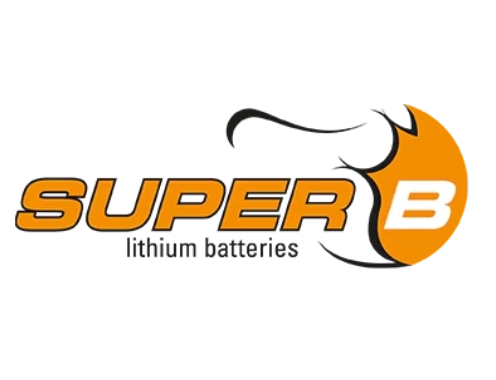
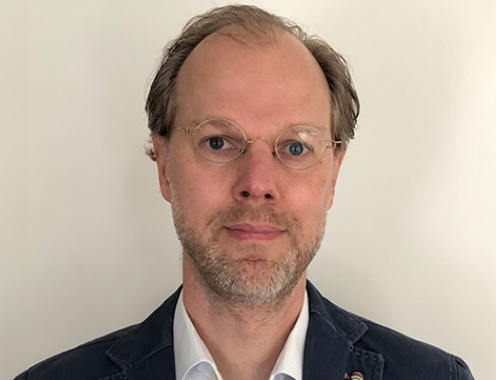
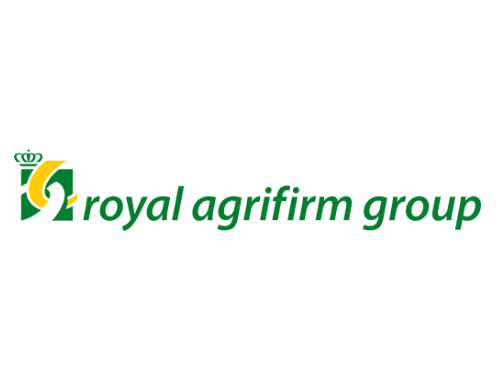

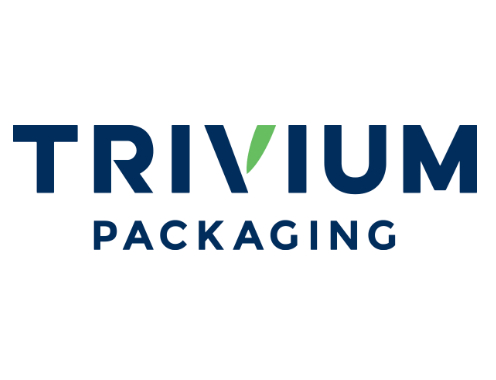
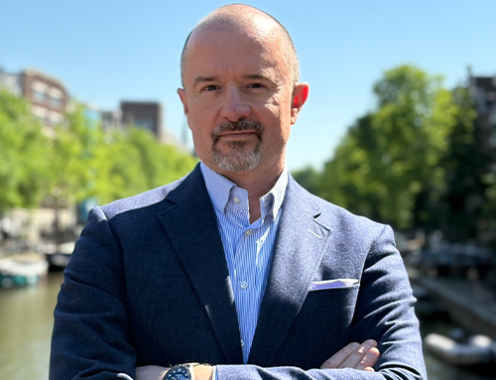

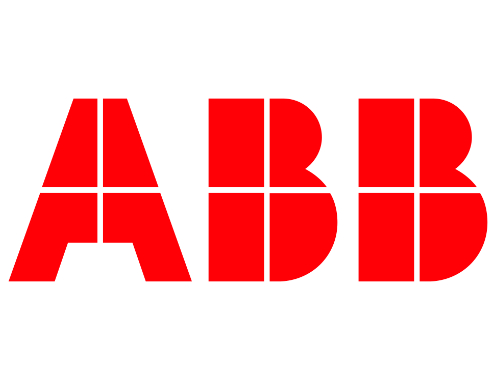
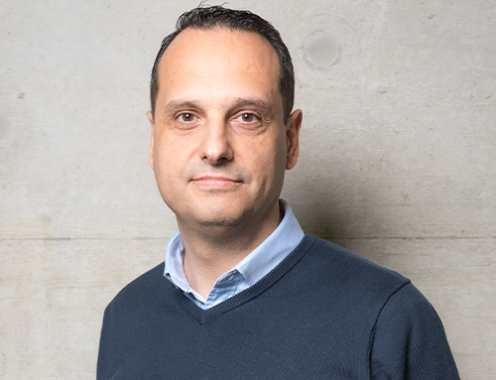
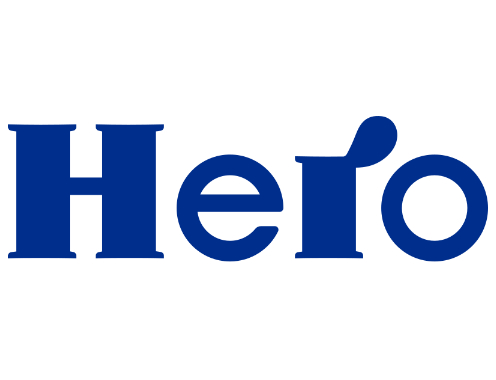


You can also use your social account to sign in. First you need to:
Accept Terms & Conditions And Privacy Policy